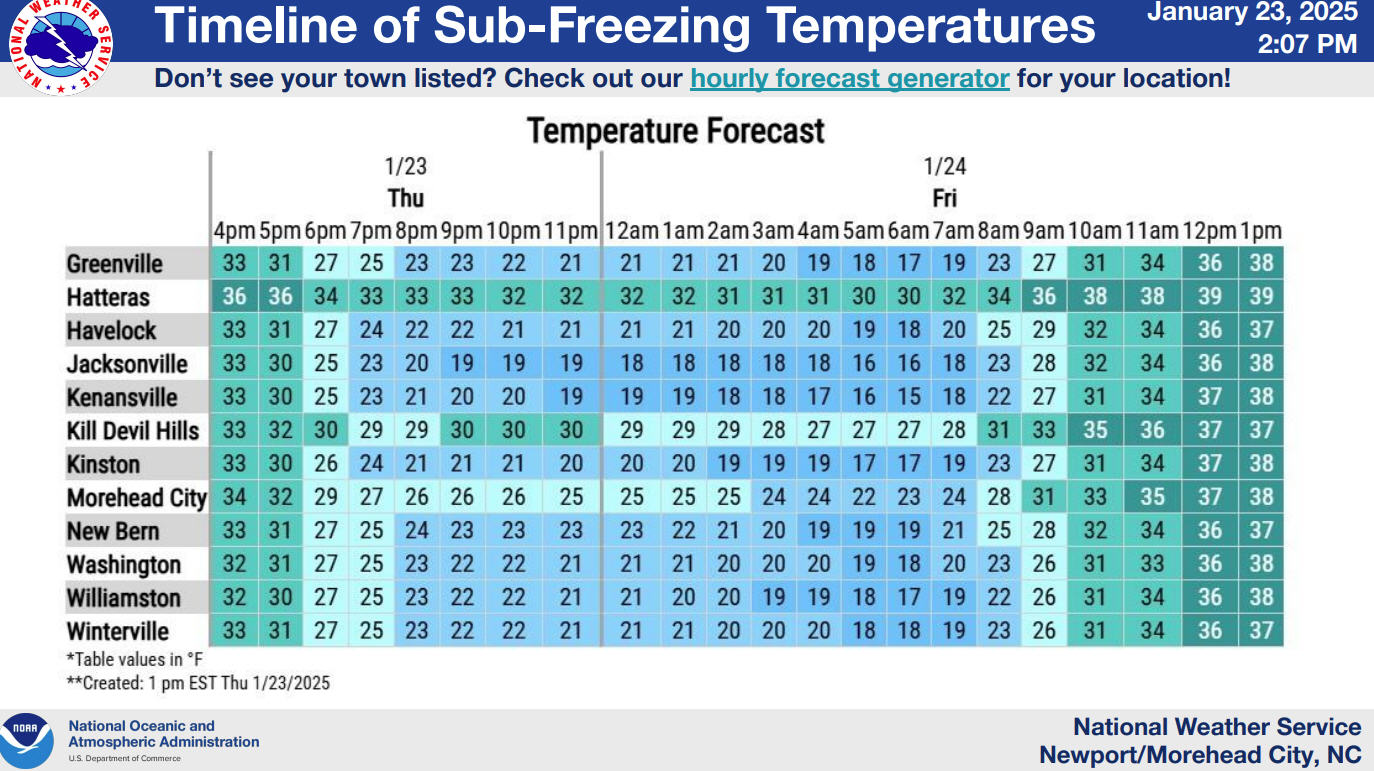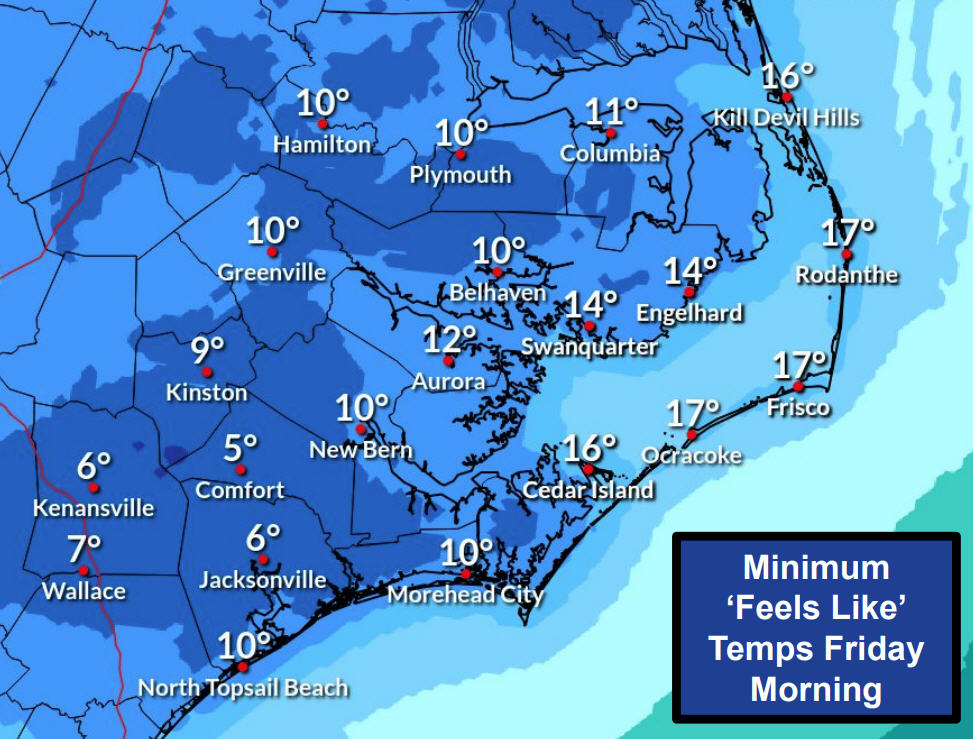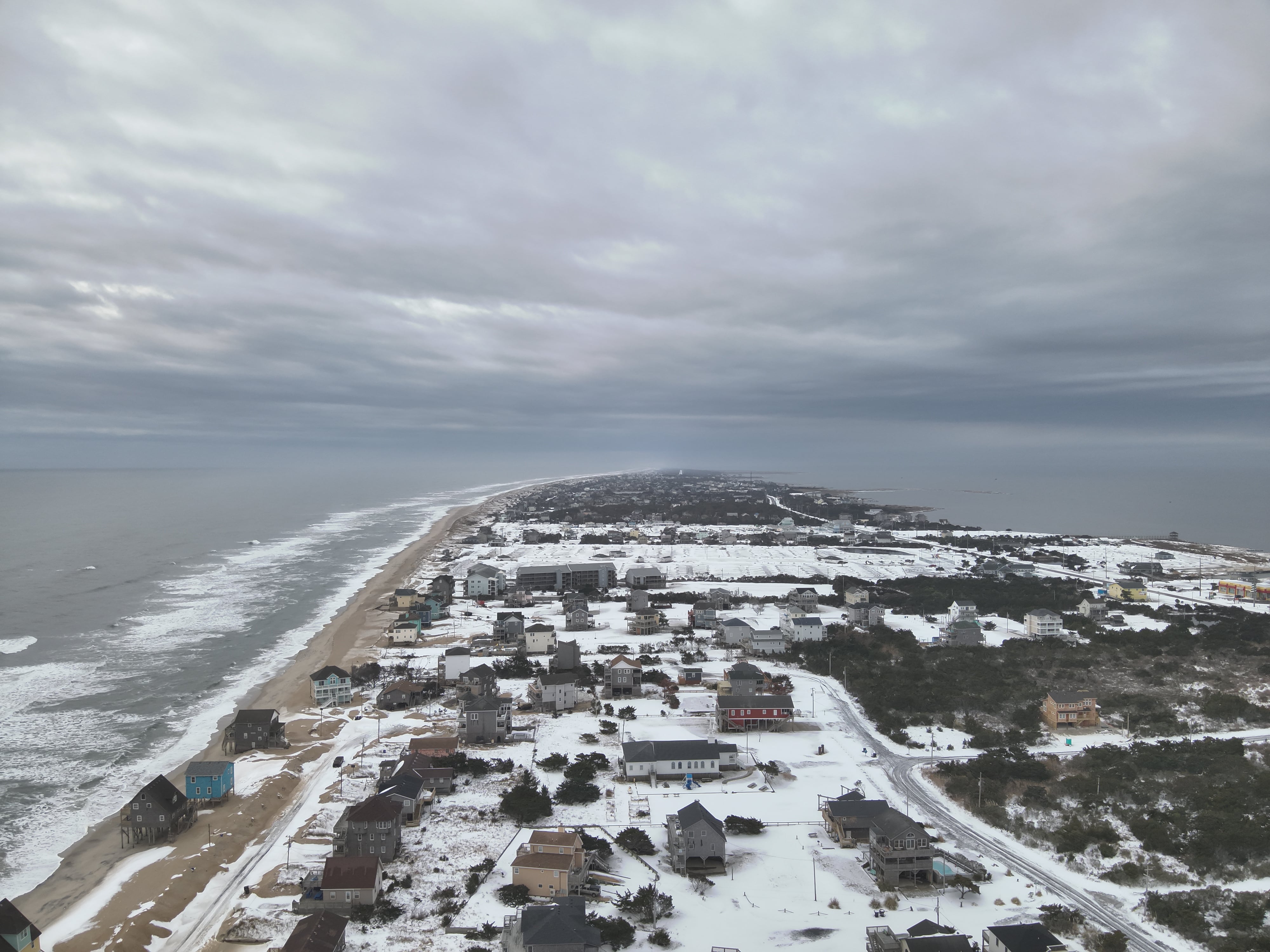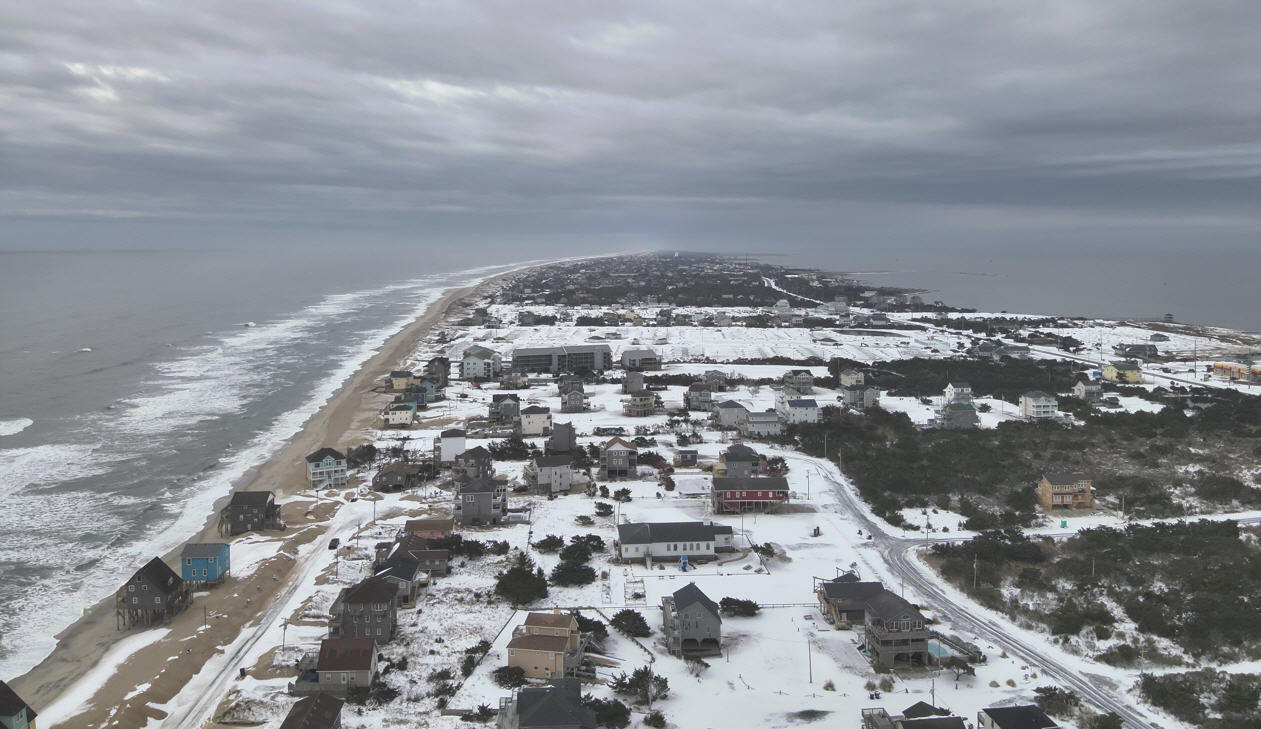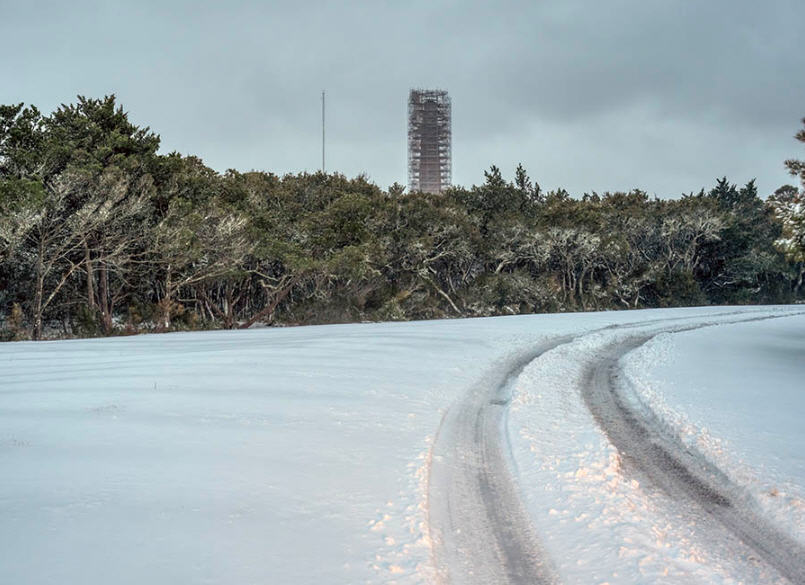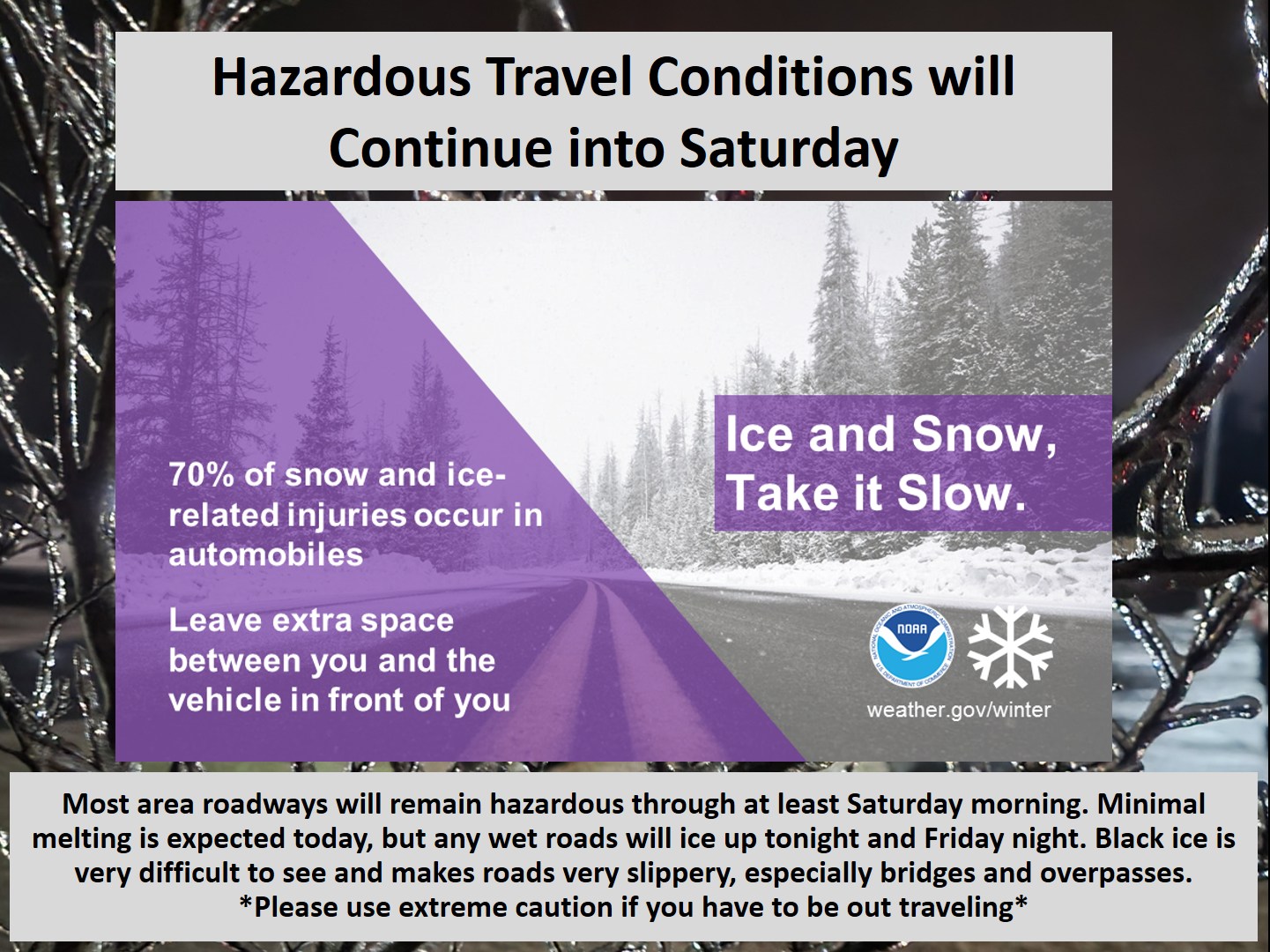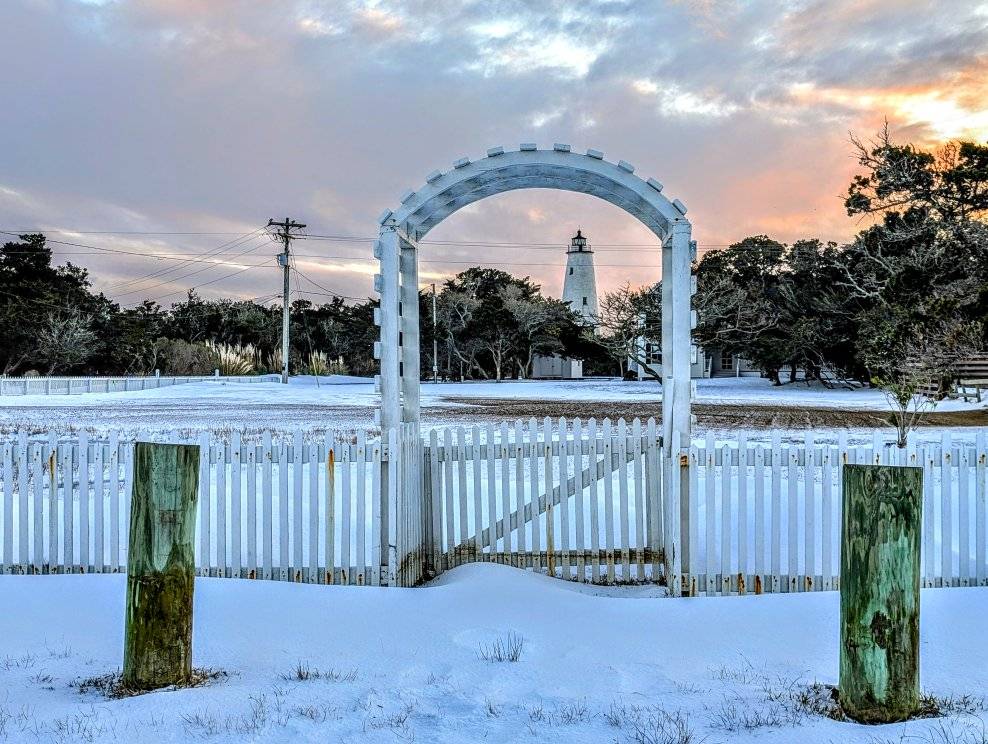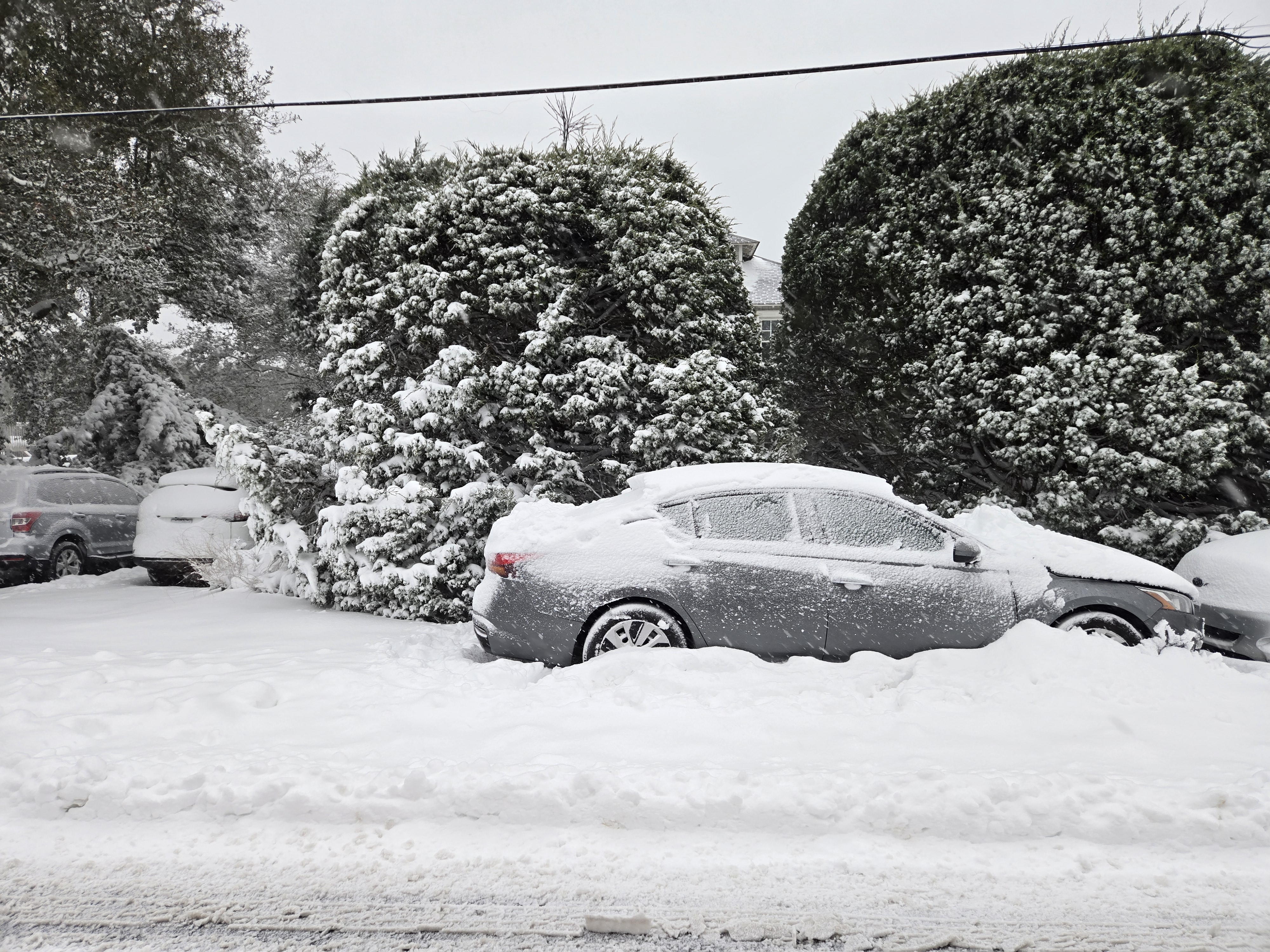UPDATE: CHAPA objects to transferring lawsuit to Boyle’s court
The Cape Hatteras Access Preservation Alliance on Monday filed a 17-page brief objecting to a Washington, D.C., judge’s announcement that he is inclined to transfer its lawsuit over the National Park Service off-road vehicle plan and final rule to U.S. District Court Judge Terrence Boyle in the Eastern District of North Carolina.
CHAPA filed the lawsuit on Feb. 9 in the U.S. District Court in Washington, D.C. In the action, CHAPA challenges both the final rule and plan and alleges that in formulating the documents, the Department of the Interior, the National Park Service, and the Cape Hatteras National Seashore violated the National Environmental Policy Act, the Administrative Procedures Act, the seashore’s enabling legislation, and the NPS Organic Act.
The case was assigned to U.S. District Court Judge Emmet Sullivan.
Sullivan allowed the Defenders of Wildlife, the National Audubon Society, and the National Parks Conservation Association to join the action as defendant-intervenors. Those groups are represented by the Southern Environmental Law Center.
CHAPA is being represented by attorneys Jonathan D. Simon and Asha Venkataraman with the Washington, D.C., law firm of Van Ness Feldman.
In a status hearing on the compiling of the seashore’s administrative history for the lawsuit, Sullivan said he was inclined to send the case to Boyle’s court for a number of reasons. He proposed sending it “sua sponte,” or on his own accord without a request by a party to lawsuit.
Boyle oversaw a lawsuit, which was filed in October, 2007, by Defenders of Wildlife and the National Audubon Society against the National Park Service for its lack of an ORV regulation that provided needed protections for birds and sea turtles. The groups were represented by SELC.
Dare and Hyde counties and CHAPA were allowed as defendant-intervenors in that case.
That lawsuit was settled by a 2008 consent decree that left the park Interim Protected Species Management Plan in place but added more protections for nesting birds and turtles, including large buffers for nesting birds and chicks and a prohibition on night driving.
The consent decree was set to automatically expire when the Park Service had an ORV management plan and final rule in place. That happened on Feb. 15, but Boyle has continued to be involved in the case and has had two status conferences on the consent decree since Feb. 15.
CHAPA’s objection notes that Sullivan suggested that issues of “judicial economy” may warrant the transfer. He expressed his concern that retaining the case would result in two federal judges expending their resources to resolve the same controversy.
However, CHAPA notes in its objection that “the controversy is not the same” and the case that Boyle presided over was very different from the CHAPA complaint.
The CHAPA brief says that the DOW case focused on vacating the interim plan and the Park Service’s failure to prepare an ORV management plan and special regulation.
“NPS has now done what the DOW case sought,” CHAPA says. “Under the terms of the Consent Decree, the claims of the plaintiffs in that case were dismissed with prejudice based on the commitments and representations in the Consent Decree. The Consent Decree (as NPS acknowledged in its Feb. 9, 2012 Notice in that case) should be deemed to have automatically expired effective Feb. 15, 2012, and CHAPA or anyone else dissatisfied with the Final Rule and ORV Management Plan should have been free to challenge those actions in a separate action, i.e., a new case.”
The CHAPA brief goes on to say that the complaint brought by CHAPA is “outside the scope of the Eastern District of North Carolina’s and Judge Boyle’s oversight.
“It is not at all clear what, if anything, remains pending in the North Carolina court and, if something is deemed to remain pending, on what basis,” CHAPA says. “In sum, CHAPA respectfully maintains that there should be nothing left for Judge Boyle to adjudicate in the DOW case such that this Court and his court would both be expending resources to resolve the specific controversy brought before this Court or that there should be any risk of inconsistent judgments”
The brief concludes that the “Interests of judicial economy, therefore, do not warrant transfer of this case to the North Carolina court, to Judge Boyle or otherwise.”
The CHAPA objection also argues that both private and public interest factors that must we weighed by Judge Sullivan favor his retaining the case.
These include :
The plaintiff’s choice of forum deserves deference
The defendants’ choice of forum does not support transfer – that neither the defendants or defendant-intervernors have asked for a transfer of venue.
Where the claim arose is inconclusive. The FEIS was drafted in North Carolina, signed off on by the NPS regional director in Atlantic, and subject to policy review in Washington.
The convenience of the parties supports litigation in the District of Columbia.
The convenience of the witnesses does not favor transfer.
The ease of access to sources of proof does not favor transfer.
The degree to which the courts are familiar with the governing laws does not favor transfer, since both courts are deemed to be familiar with federal law and no state law is involved.
The relative congestion of the courts does not favor transfer. In 2011, The Eastern District of North Carolina had four judges and received 2,511 filings or 628 actions per judge. In the same year, the District of Columbia had 15 judges and received 3,051 filings or only 203 per judge
The local interest in deciding local controversies at home does not favor transfer. The final rule and plan do not affect only local residents of the Outer Banks but all over the country, as can be seen by public comments on the draft environmental statement, public scoping meetings, and visitation at the seashore. Further, the management of national parks and federal lands and policies and statutes present issues of national significance.
The interests of judicial economy do not warrant transfer.
The federal defendants and defendant-intervenors have until next Monday, Aug. 13, to respond to the CHAPA objection.
FOR MORE INFORMATION
Click here to read The Plaintiff’s Objection to Sua Sponte Transfer.





